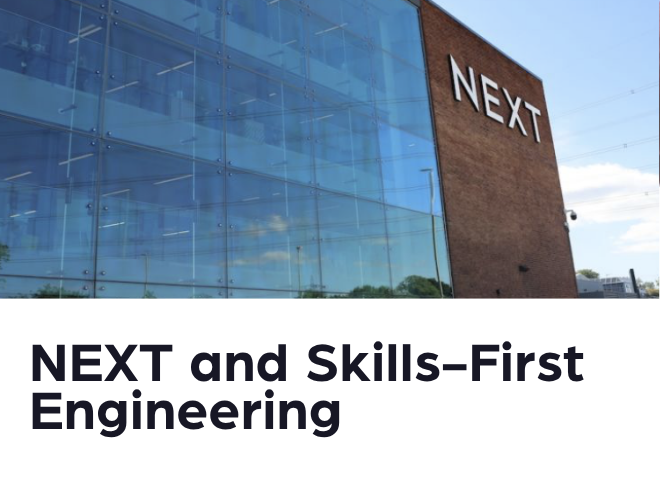Let’s get something straight: when we say defence industry, we’re not just talking about uniforms and supply depots. We’re talking about a massive sector covering everything from cybersecurity and logistics to engineering, tech innovation, and national strategy.
For service leavers and veterans looking for a career that still feels purposeful, but with a solid salary and civilian benefits, the defence sector is well worth a look.
What is the defence industry?
It covers everything related to maintaining national security, on land, at sea, in the air, and online. This includes:
- Strategic planning
- Software and hardware development
- Intelligence and surveillance
- Engineering military vehicles, ships, and systems
- Cyber defence and threat detection
In short, it’s full of military roles, just under a different name.
An industry that doesn’t sit still
Geopolitical instability means one thing: defence spending stays high. The UK defence industry is now worth $62.8 billion, and governments aren’t shy about investing more.
But that instability also creates challenges:
- Supply chain disruption
- Longer project lead times
- Talent shortages
Translation? The sector needs adaptable people who can solve problems on the fly, lead under pressure, and keep their cool when things shift fast. Sound familiar?
[RESOURCE]
Job roles in the defence industry
There’s more than one way in. Here’s a flavour of the kinds of roles out there:
- Cybersecurity – protecting sensitive information and infrastructure from cyber threats. If you’ve worked in comms, signals or intelligence, you’ll slot right in.
- Defence technology development – building next-gen tools, unmanned aerial systems, and advanced comms networks.
- Engineering – from military aircraft to naval systems, if you’ve got technical or mechanical experience, there’s plenty of demand.
- Strategic planning – working on national or organisational defence strategy. A good fit for ex-officers or planners with a strategic mindset.
Why veterans thrive here
- Frontline of innovation – cutting-edge tech, real-world challenges, and some of the most advanced systems being developed today
- Global impact – defence work influences international security, diplomacy, and peacekeeping
- Consistent demand – this isn’t a flash-in-the-pan sector
- Job stability – government-backed contracts and long-term projects mean career security
- Decent pay – these are skilled, well-paid roles
How your military skills translate
You don’t need to reinvent yourself to land a role here. You’re already walking in with serious capability:
- Leadership and teamwork – essential in hierarchical, high-pressure environments
- Strategic thinking – you know how to plan, execute, and adapt
- Adaptability – you’ve already worked in complex, uncertain situations
How to get into the defence sector
- Enhance your skill set – for certain roles, especially in tech or engineering, you may need certifications or formal qualifications. Use your resettlement grant to get what you need
- Get experience – internships and work placements during resettlement are a great way to dip your toe in
- Network – go to industry events, follow key players online, and reach out to others already in the space
- Explore roles on Redeployable – we’ve got opportunities in defence with organisations that already understand the value of military talent
Bottom line?
The defence industry isn’t just a good fit, it’s built for people like you.
At Redeployable, we leverage AI to make career resettlement simple, transparent, and tailored to you. Our AI-powered tools help to match you with careers based on more than your rank or role, analyse your skills to highlight civilian job matches you may not have considered and provide step-by-step guidance so your transition isn’t a guessing game.
[CALLOUT]





.png)
.avif)


